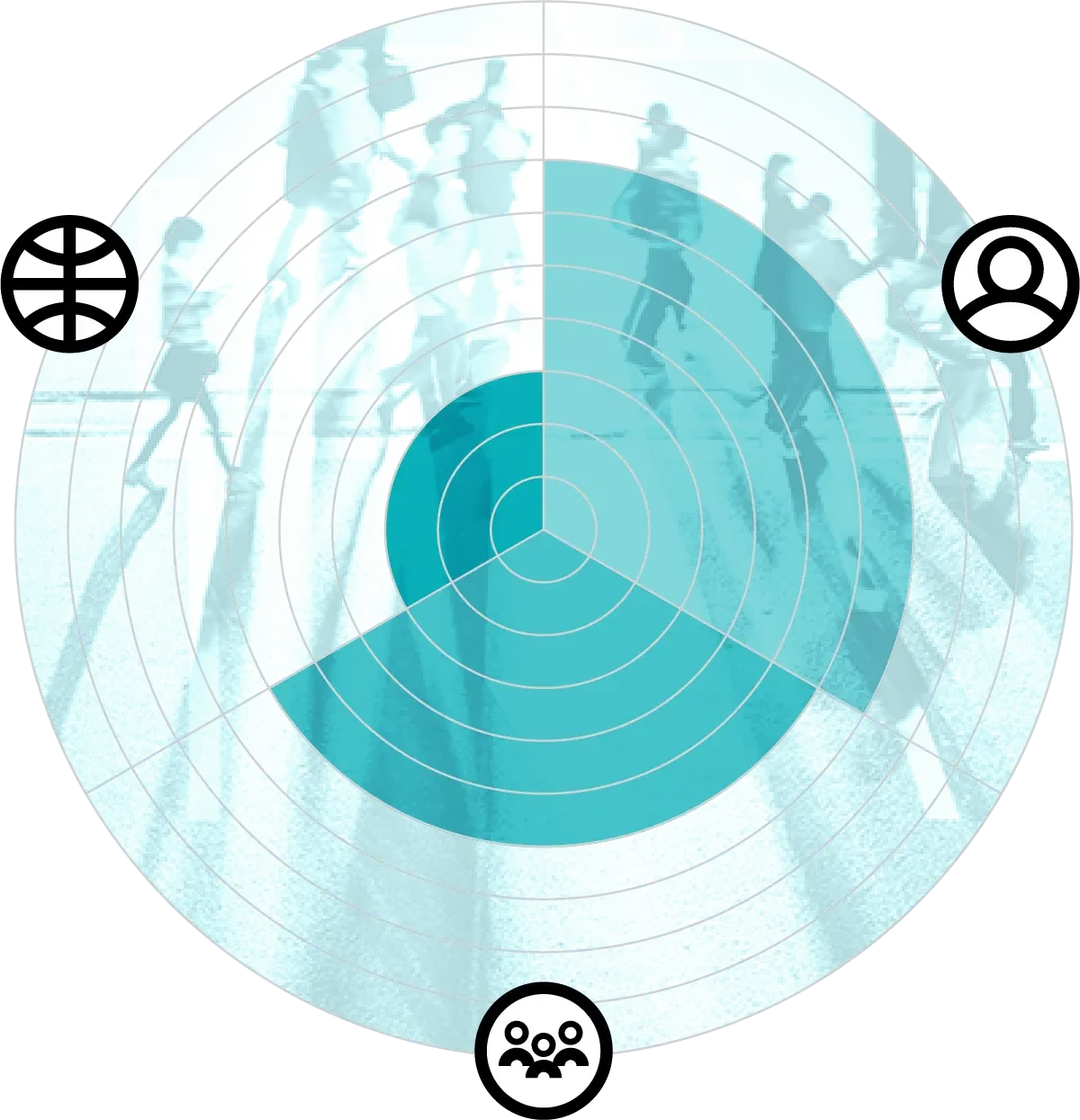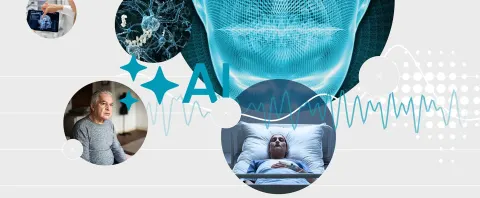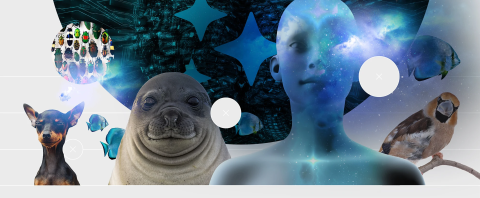Associated Sub-Fields:


As yet, science can offer no standard, widely agreed definition of consciousness, partly because researchers use the same word to describe a variety of phenomena such as wakefulness, awareness, attention, responsiveness to stimuli and inner life. It is thus a field of broad interdisciplinary study.
There is also significant linguistic and cultural variance in what people understand by the term “consciousness”.1 This is also true of “disorders” of consciousness: the experience of what might be termed delusions or hallucinations by Western medicine can be seen as normal and even valuable in many cultures. Responses to the idea of non-human consciousness are also culturally differentiated.
Currently, there is no agreed theory of how consciousness arises.2 However, progress is being made here, particularly by the Cogitate consortium’s innovative and rigorous experimental approach to testing the predictions of two competing leading theories within a framework of “adversarial collaboration”.3 The lack of deep theoretical understanding has not prevented the adoption of technologies and conceptual advances that help make decisions in a clinical setting.
We have devised methods to quantify the degree of presence or absence of consciousness (as inner life, awareness or mental response to stimuli), allowing us to define whether a patient is in a vegetative state, for instance, and to evaluate whether their consciousness can be “augmented”, that is, shifted to a more elevated state of consciousness, whether by intervention or through the body’s natural healing processes.4
As with many medical applications, technologies that spring from a clinical setting will eventually benefit the broader population. This is because the same technologies that diagnose or modulate consciousness when there is a deficit or disorder can be pressed into service to enhance or augment healthy, functioning consciousness. They will also be helpful in more philosophical areas, improving our understanding of free will, the self and the ethics of cases at the edges of sentience.
Meanwhile, work is under way to determine the developmental emergence of consciousness in humans5 and the extent to which machines and animals can have or develop consciousness.6,7 Researchers also aim to understand whether organoids and other synthetic biological organisms are capable of developing a kind of consciousness.8 This is likely to spark debate on the ethics of the field itself and of the assignment of moral status and rights.
KEY TAKEAWAYS
Although central to the experience of being human, consciousness has proved difficult to investigate scientifically, with researchers struggling to reach consensus on many aspects of the field. While it is clear that Human consciousness is a multifaceted phenomenon, its relation to brain states — including those induced by injury, degradation and trauma — is dizzyingly complex. Understanding where, when (and whether) Non-human consciousness arises, whether in other animals or in machines, together with the developmental origins of consciousness in humans, is a useful path towards further understanding of the brain and of the wider phenomenon of consciousness. Drugs, electrical stimulation and in some cases cell replacement, genetic and other biotech interventions all show promise for Modulation of consciousness for therapeutic, recreational and knowledge-gathering purposes. Eventually, we may be able to extend the phenomenon to create Beyond-human consciousness that augments our evolved abilities in ways that might facilitate an existence lived alongside intelligent machines.
Anticipatory Impact:
Three fundamental questions guide GESDA’s mission and drive its work: Who are we, as humans? How can we all live together? How can we ensure the well-being of humankind and the sustainable future of our planet? We asked researchers from the field to anticipate what impact future breakthroughs could have on each of these dimensions. This wheel summarises their opinions when considering each of these questions, with a higher score indicating high anticipated impact, and vice versa.
- Anticipated impact on who we are as humans
- Anticipated impact on how we will all live together
- Anticipated impact on the well-being of humankind and sustainable future of our planet








